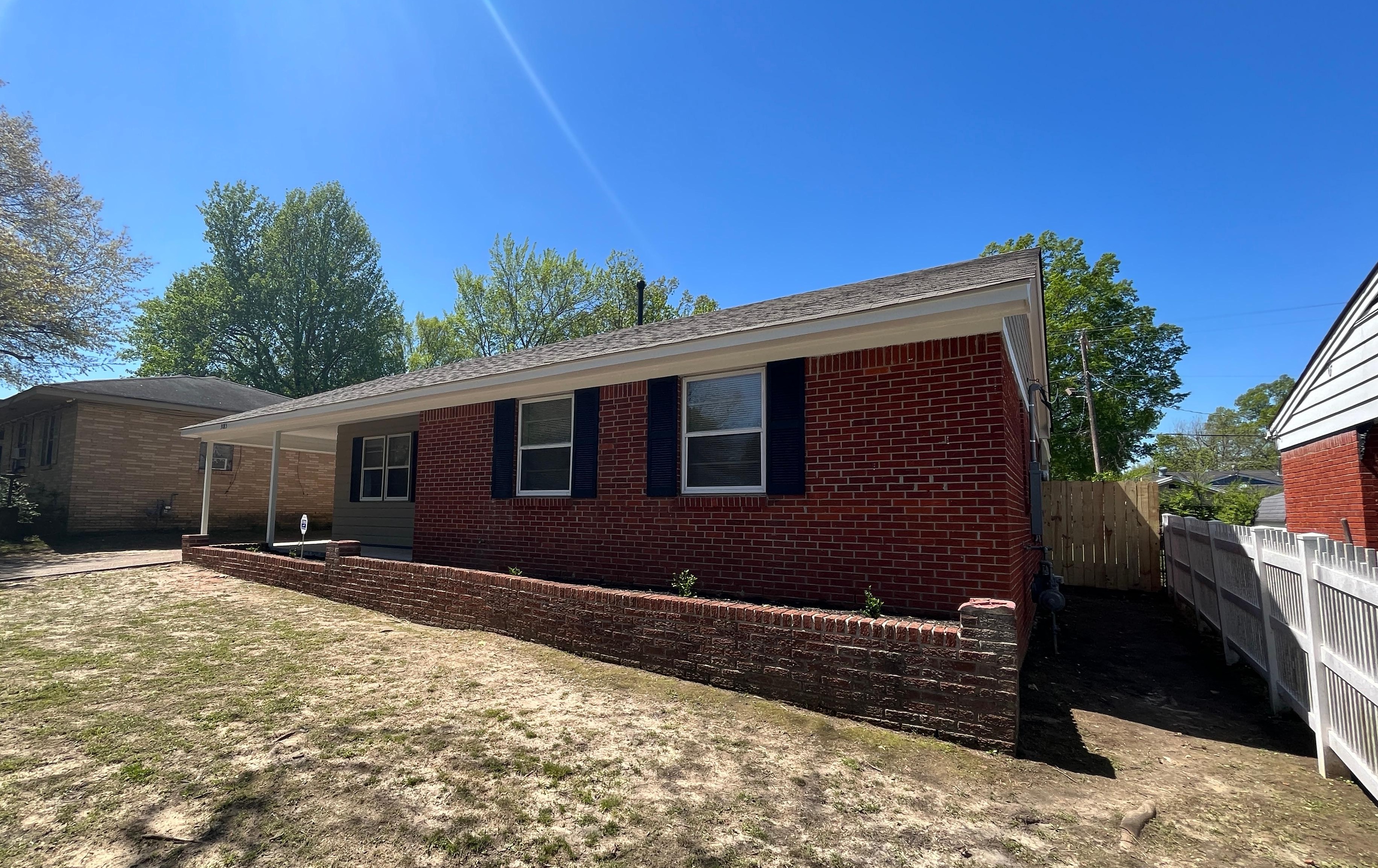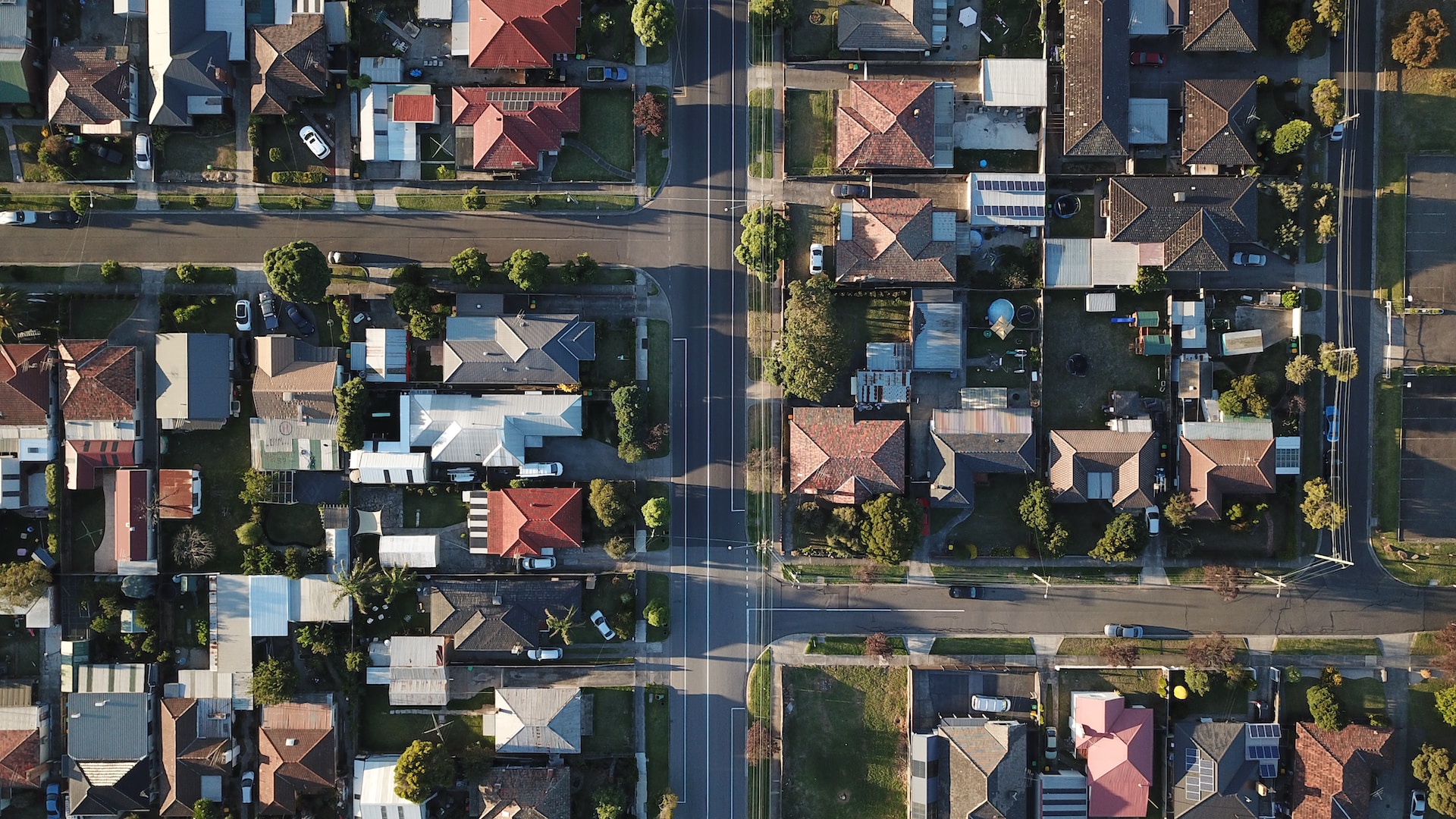
We’re no strangers to the rapid pace of technology. Only recently, AI has come into its own as a viable technology beyond simple novelty. We’re seeing it seep into industry after industry, and real estate is no different.
On one level, AI and like technologies can be applied in data analysis and prediction, improving both market insights and customer experience. At the same time, we’ve got to recognize that AI can be utilized by bad actors looking to scam property buyers out of their hard-earned money.
They’re willing to misrepresent a property to make a sale. Obviously, this is unethical. Real estate brokers can get into serious legal trouble for misrepresentation. Historically, this misrepresentation has taken the form of fudging listing details, omitting known issues, or otherwise doctoring property information.
In many cases, these discrepancies come into focus during the buying process, thanks to inspections and seeing the property with your own eyes. For the real estate investor, that’s not always possible – and diligence is more important now than ever.
What are the beneficial applications of AI in real estate?
We’re not going to write off AI entirely here. It can be helpful when you want to get the bones of a listing written and produce images to visualize yet-to-be-completed renovations, furniture, or paint colors in an empty space. It can be utilized in analytics or in generating stock photos not meant to represent an actual property on the market.
The Dangers of AI-Enhanced Images
There’s nothing wrong with improving certain aspects of property images. Adding some brightness or contrast isn’t an issue. The problems come when agents and brokers choose to edit out property flaws, like cracks, stains, and other evidence of poor conditions.
Whether photos have been cleverly shot with wide-angle lenses are enjoyed some creative post-processing, buyer beware! Here’s the thing: AI stands in a murky legal territory in many of its applications, as the law often has a tough time catching up with the pace of technology. People will push the limits of what’s acceptable. Those with nefarious intent are going to try to exploit it.
As investors, we often buy properties far from where we live. Seeing them in person is often not possible or very inconvenient. We don’t want any investor to fall prey to cheap parlor tricks and sly editing. Even if you don’t buy one of these properties, you’ve wasted precious time on them.
With that in mind, here’s how you can protect yourself from misleading property photos:
3 Ways to Be More Certain of the Reality of a Prospective Investment Property
1. Google Street View
Google Earth and Google Street View are pretty fun to peruse, but they can be genuinely beneficial for real estate investors. You can zoom in to virtually any point on the planet and see 360-degree images from nearby streets. This means you can scope out a property and its surroundings. With a few clicks, you can explore the surrounding streets and neighborhoods to get a feel for the area at a distance. You’ll also be able to see some things photography may hide or omit.
Just keep in mind that the images you see may not have been taken recently. They may not reflect the development or renovations completed in the past few years.
2. Ask for a real-time virtual tour
If you can visit in person, ask your agent or other contact to do it for you. They can use a tablet or smartphone to physically walk through the property while you “walk through” with a screen. When it’s real-time, you can stop them and ask to focus on particular features and flaws, allowing you to get closer to the experience of a real tour.
3. Understand the common tricks
Finally, investors should familiarize themselves with the usual tricks of the trade. Some are perfectly above board but may still be deceiving! Wide angles can make rooms look larger than they are. Zoom in on the image. Look for areas that seem pixelated or overly smooth. Pay attention to lighting and shadows and whether or not they’re consistent.
Those listing properties have every right to put their property’s best foot forward with their images. Just take this with a grain of salt. Are some angles or rooms missing from the listing? What are they not showing you?
Diligence starts with your cursory search. As AI and image editing advance, we must be more attentive than ever!
Remote real estate investing doesn't have to be so risky!
Ask us why passive investors from all over the world choose us.












